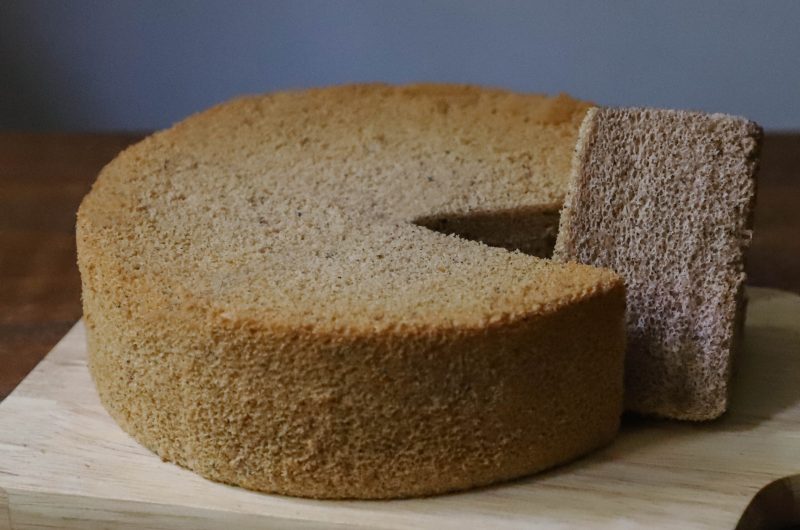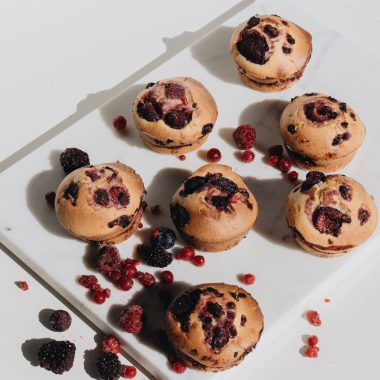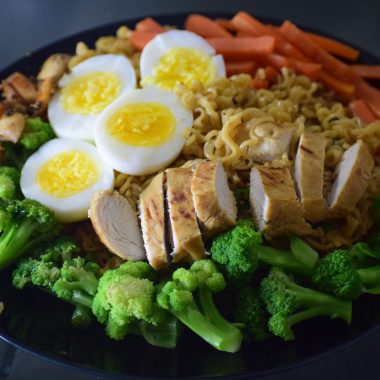This low-carb cake is ideal for those who enjoy a strong cup of coffee. A soft cappuccino cake with caramel hints wrapped in a “butter” cream infused with quilted espresso. This cake will get the party started with the sturdy, supportive benefits of Chaga and the momentum energy provided by MCT.
Recipe for Keto Cappuccino Coffee Cake
The espresso cake is the quintessential weekend breakfast treat. Enjoy something a little unexpected with this Keto Cappuccino Espresso Cake Recipe.
What’s in the coffee cake?
Espresso cake
It’s thick, heavy, and delicious, and it blends perfectly with your favorite cup of coffee.
There’s nothing like that rich, rich hunk. It tastes so good that I’d rather not think about what it contains or how many carbohydrates it can have. I’ll go there today. If you enjoy something, you should be willing to acknowledge the obvious flaws in what you are burning.
You have been warned. Espresso cake is typically made with a combination of the following ingredients: white flour, spread, sugar, earthy colored sugar, eggs, vanilla, cornstarch, baking powder, and cinnamon.
While some of those bindings are ideal for Keto, there are a few major drawbacks. Fortunately, you are in one of those situations where you can have both.
The Most Efficient Method for Making Ketogenic Coffee Cake
The main challenge is replacing white flour. The espresso cake requires a significant amount of flour, so getting this part right is critical.
For this situation, I decided on almond flour. Almond flour has a higher fat than other flour and produces thick hot products.
Instead of spreading, I used ghee or explained margarine. It is often preferable to tolerate it over cheddar made with milk margarine.
If you’re on a ketogenic diet, there are still plenty of sweet things you can eat.
Keto cappuccino Slice
15 ingredients
- 2 tbsp bubbly water
- 2 1/2 teaspoons powdered gelatin
- 250g cream cheddar cheese, room temperature, chopped
- 2 tbsp stevia powder
- 1/3 cup (80 ml) chilled solid espresso coffee
- 1 teaspoon vanilla concentrate
- 300ml whipped heavy cream plus extra to serve
- Espresso beans, for serving (optional)
- For cleaning, use cocoa powder.
- 100g (1 cup) walnuts
- 1/4 cup (130 g) almond feast
- 1 tsp cocoa powder
- 1 tbsp stevia powder
- 1 egg
- 2 tbsp unsalted butter
Recipe
- Preheat the oven to 180°C / 160°C with a restricted fan. Line a 16 x 26 cm cut container with parchment paper, allowing the paper to protrude from the two long sides.
- To make the base, arrange the walnuts. Not sure how much you’ll need?
- To calculate the amount, enter the underlined fixation. There is no compelling reason to move!
- In a food processor and interacting until finely ground. Add the almond, cocoa, and stevia feast. Heartbeat to join. Combine the egg and margarine in a mixing bowl. Interact until the mixture comes together. Proceed to the pan that has been prepared. Also, press the mixture firmly into the base. Prepare for 10 minutes, or until the light shines. Allow cooling before serving.
- Learn how to lubricate and line a portioning container and a rectangular skillet with greaseproof paper and baking sheets.
- Put the bubbly water in a small heat-resistant bowl. Sprinkle over the gelatin and speed up until the gelatin dissolves.
- In a large mixing bowl, combine the cheddar cream, stevia, chilled espresso, and vanilla with an electric mixer and beat until smooth. In a mixing bowl, combine the gelatin and water until well combined. Overlap the whipped cream.
- Cut the cut into 16 squares with a sharp blade. If using, top with additional whipped cream and espresso beans. Serve with cocoa.
Egg white is composed of approximately 85-90 percent water, 10-12 percent protein, and less than 1% carbohydrates, fats, and minerals. Protein fats are polyunsaturated and thus not harmful. Protein does not contain any cholesterol.
Healthy Keto cappuccino slice
Water that makes up a large portion of the yolk. Fat accounts for 33% of the total, with proteins accounting for 15 to 16%. The yolk also contains vitamins A, D, and E. Unlike egg whites, egg yolks contain cholesterol. Cholesterol accounts for about 2% of bile, but it is not as dangerous as previously thought. Ongoing research indicates that burning one solid adult egg per day does not increase the risk of coronary heart disease.
Despite the widely held belief that eggs raise cholesterol levels, moderate use of up to two eggs per day has no effect on lipid profile. Cholesterol is primarily produced by submerged fats rather than the unsaturated fats found in eggs.
Eggs are likely the best source of vitamin D, which is required for phosphorus assimilation, the second most important fixation in bones and teeth.
In fact, if the eggs are cooked, our bodies can use 91 percent of their protein, compared to 51 percent if they are destroyed. This is similar because exposing the eggs to high temperatures causes underlying changes in the protein structure. The progressions that occur in large protein chains allow for easier assimilation of these proteins by our gastrointestinal system.
Live egg proteins, on the other hand, can work with the nutrient B7 (biotin) to reduce its absorption and utilization by the body. To be more specific, avidin, a protein complex found in living eggs, binds with biotin to form a complex that our bodies cannot retain or use. However, when the egg is exposed to higher temperatures, underlying changes in the structure of avidin occur, reducing the connection between this protein complex and biotin, allowing this nutrient to be retained.
Cocoa powder is obtained unheated from the seeds of the small evergreen Theobroma cacao plant, which fills in heat and moisture. Cocoa is typically high in fiber, supplements, and polyphenolic compounds.
Nutrition’s
It contains iron, potassium, phosphorus, magnesium, calcium, zinc, and copper.
Nutrients A, C, D, E, K, Thiamine B1, Riboflavin B2, Niacin B3, Nutrient B5, Nutrient B6, Folate B9, Choline are found in almonds. Minerals include calcium, copper, iron, magnesium, manganese, phosphorus, potassium, selenium, sodium, and zinc.
Almonds, and walnuts in general, are nutritious, but they are also high in calories. That is why the recommended serving size is close to 20 almonds per day.


